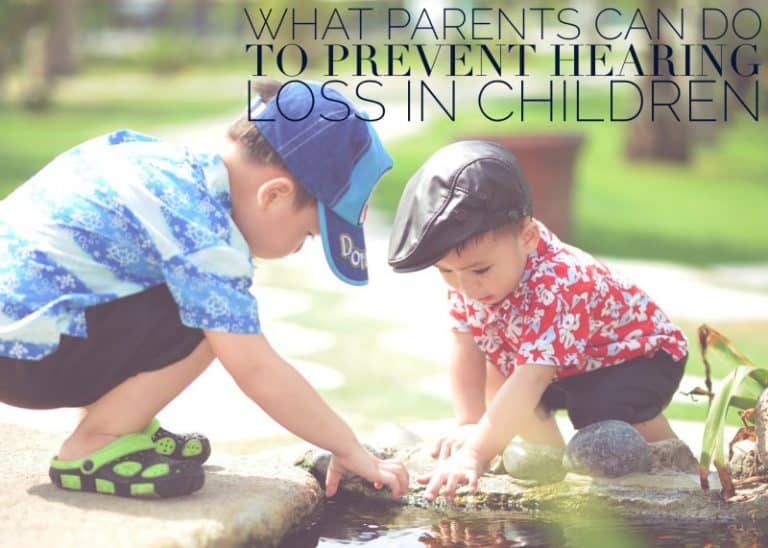When you’re having a baby, you’ll naturally need to prepare for it. It’ll be a major change to your life, and it’s natural not to know exactly what to expect when you first find out. That adds to the stress, and makes you worry much more than you should.
Thankfully, it’s not a position you need to stay in for long. It’s just a matter of knowing what you should expect when your baby arrives. The first few weeks can be some of the more important.
They’ll be when your baby is at their most vulnerable, and you’ll still be recovering from childbirth. At the same time, you’ll be going through an adjustment period, which often seems complicated. There are a few notable areas you should be aware of during this time.
It’s worth diving into some of the more notable essentials you should know about and be prepared for.

Baby Changes In The First Few Weeks
1. Changes In Weight
Your baby will naturally be born at a specific weight, but don’t expect them to stay that weight for long. In contrast, they’ll lose some weight quite quickly, with this predominantly being because they’re losing a lot of fluid from their body. This is natural and healthy, so be prepared for that.
While this can be worrisome, they’ll get back to their initial weight relatively quickly, as long as you’re feeding them properly. Usually, this takes about two weeks, and they’ll get heavier and heavier as time goes on. Add in their actual growth, and this weight increase can be quite surprising.
2. Showing Signs Of Hunger
Speaking of weight, your baby will start showing more and more signs of hunger as time goes on. This doesn’t happen straight away, which is why most professionals recommend feeding them every three or four hours, even if they’re not showing any signs of hunger. You should be on the lookout for these signs early, however.
Some of the more common of these are lip smacking and sticking their tongue out. By looking out for these as much as you can, you’ll make sure your baby is getting fed when they’re hungry, and they shouldn’t have to wait too long for it.
3. Day/Night Reversals
Babies are often born tending to sleep more during the day than during the night. This can often be one of the more difficult adjustments for parents, as they’ll completely upend their sleep schedule. Thankfully, this doesn’t last too long, and you should notice a change relatively quickly.
While you’ll still need to follow the baby’s lead with this, they’ll start sleeping more during the nighttime eventually. It’s just a matter of being able to deal with the daytime sleeping and routine for a little time, but this shouldn’t have to be too much of a struggle.
4. Making Some Noises
Your baby will cry quite a bit in the weeks after they’re born, and it’s the most obvious sound you’ll think of when you’re imagining your baby’s first few weeks. That doesn’t mean it’s the only sound they’ll make during this time, though they could be relatively silent for a while at the start.
After that, they’ll start making some coo sounds, as well as a few others. This can be some of the cuter sounds they make, and they’ll be amazing to hear. They’ll be one of the more pleasant changes you’ll experience.

5. Learning To Be Soothed
Babies learn to be soothed when they’re in the womb, and this will be what they’re used to by the time they arrive. They’ll have to go through an adjustment period once they’ve been born, which can be one of the main reasons why they’ll cry a bit in the weeks after they’re born.
Thankfully, this is something they’ll learn relatively quickly. Soothing them will get easier and easier as they learn how to be soothed. You’ll have to deal with a lot less stress and crying once that happens. Be prepared for this to last a little while, however.
6. They’ll Open Their Eyes More
When your baby is first born, you’ll notice they don’t open their eyes too often. This’ll be the case for a little while in the days – and even weeks – after they’re born. It’s nothing to be worried about, however, as it’s quite natural. It’s something that’ll change relatively quickly.
Your baby may seem more alert when this happens, as they’re taking in their surroundings a lot more. This is a natural experience, and it could be one of the cuter ones they go through. There’s no reason why this shouldn’t be a positive experience.
To-Dos When Having A Baby During The First Few Weeks
The first few weeks after having a baby can be some of the most stressful. You’ll not only be adjusting to the new routine, but you’ll still be recovering from actually having the baby. Thankfully, there are ways to make it easier for yourself.
It’s just a matter of knowing some of the to-dos in the days and weeks after your baby arrives. Some of these will be relatively obvious, and your medical provider will talk you through all of them.
Then there could be a few other things that are easily overlooked. Whether your doctor talks to you about them or not, it’s still worth going through the essentials. Some of the more notable of these include:
- Have a general idea of what ailments your baby can experience. Many of these will be relatively minor, and you can treat them yourself with over-the-counter treatments. Knowing the causes of baby congestion and similar issues also helps you avoid anything popping up.
- Develop a routine as early as you can. While this can be one of the more difficult areas to get through, it helps quite a bit during the long-term. It’ll help you get your baby into a proper sleeping and eating routine, which also helps you sleep. The earlier this is done, the better.
- Keep taking your prenatal vitamins. Your body could still be relatively deficient in vitamins and nutrients, and it’ll need time to recover. The prenatal vitamins you were taking during your pregnancy helps with that. While you can start taking less and less in time, it’s worth still using them to help with your recovery.
- Get the help you need. You’ll often find yourself overwhelmed after having a baby, even when your partner is helping as much as possible. It’s worth reaching out for help whenever you need it. Friends and family can be great at helping with this. Even something as minor as letting them babysit while you sleep is great.
These should help make sure the first few weeks after your baby arrives go as smoothly as possible. While you’ll still need to adjust and recover, there’s no reason why you and your partner shouldn’t be able to get through it.
As overwhelming as it feels, it’ll be a lot easier once your baby actually gets here.

Having A Baby: Wrapping Up
When you’re having a baby, it’s natural to feel a little stressed about it. You could be uncertain about what’s ahead, and you might even be confused about it. The trick to this is to actually know what’s ahead.
It’s not something you need to stay in the dark about, however. It’s just a matter of looking into a few things, and even consulting your medical provider can help quite a bit. There’s no reason why you’ve to settle for stress and confusion.






